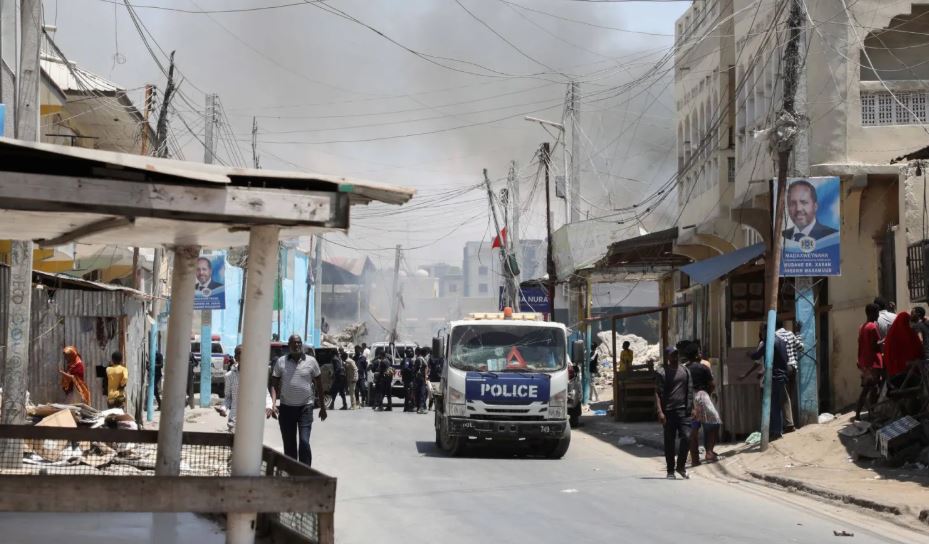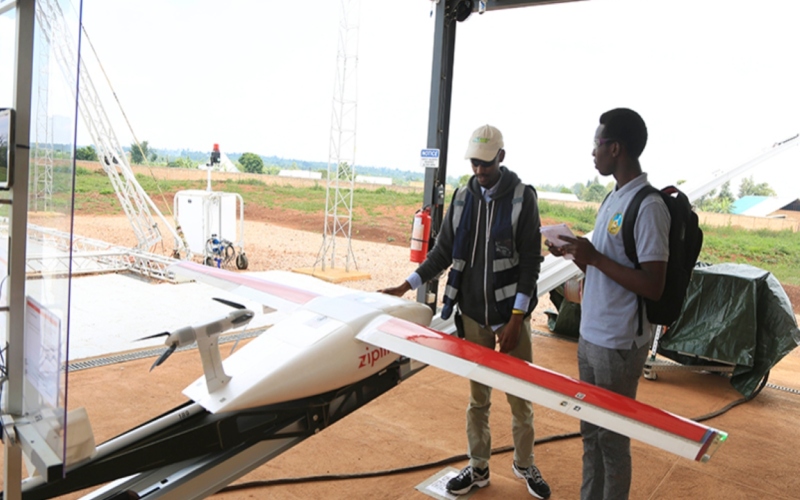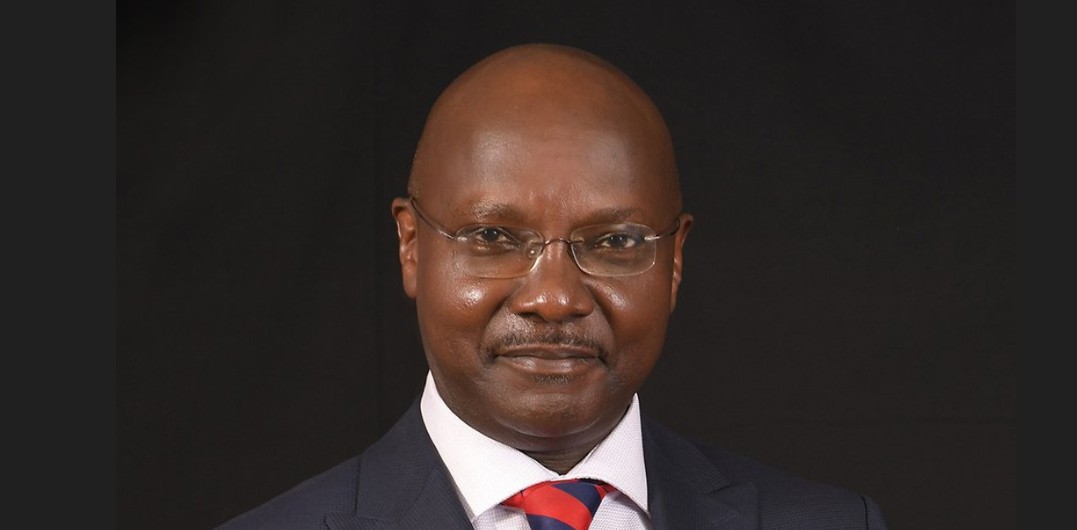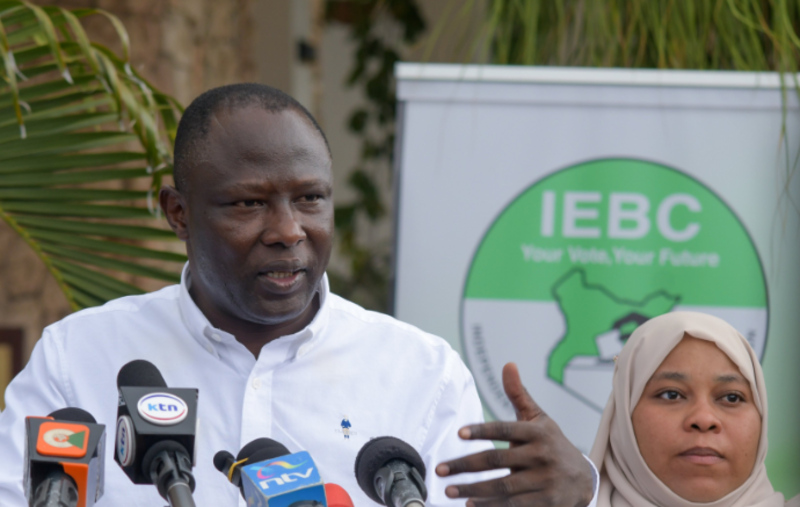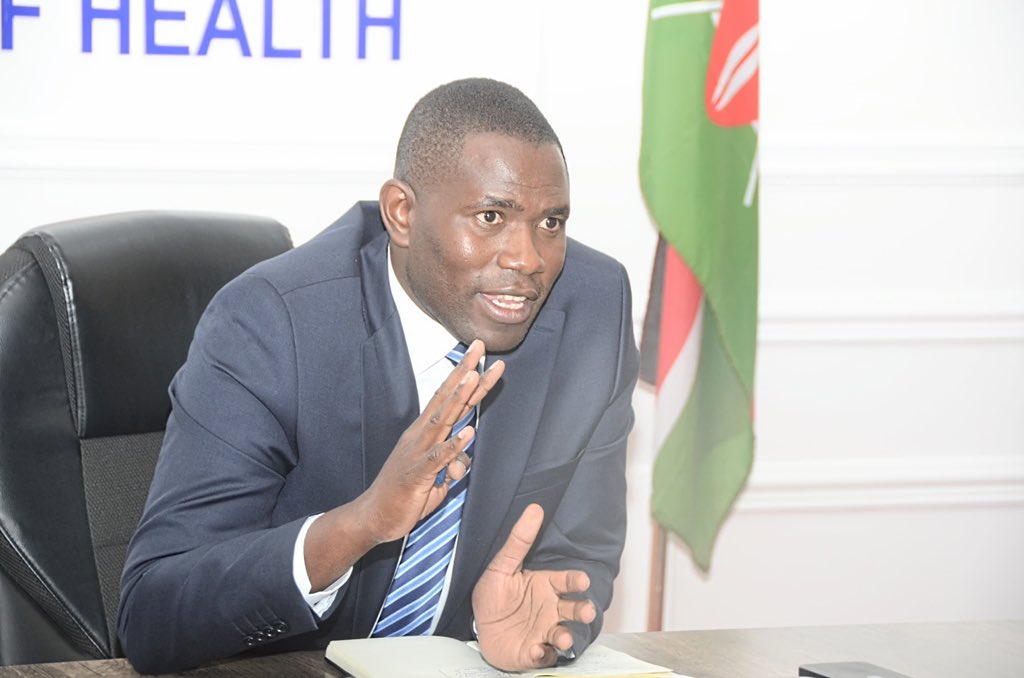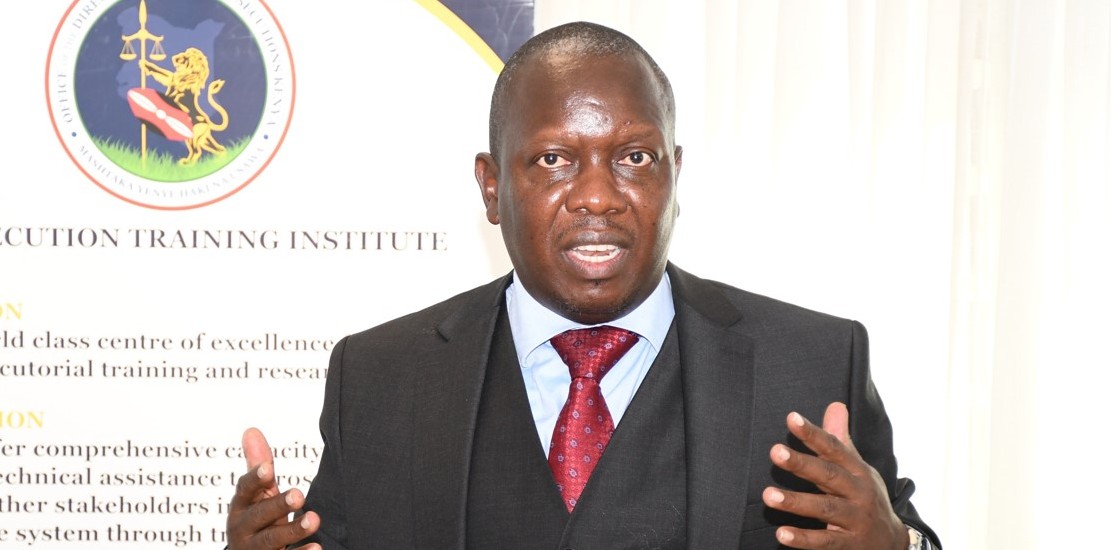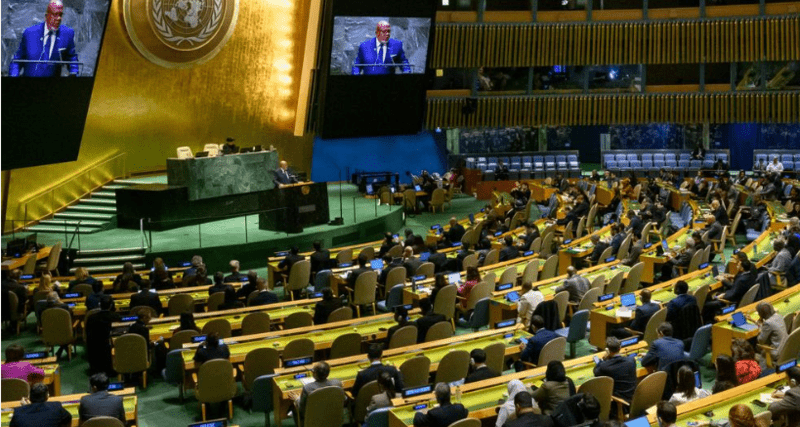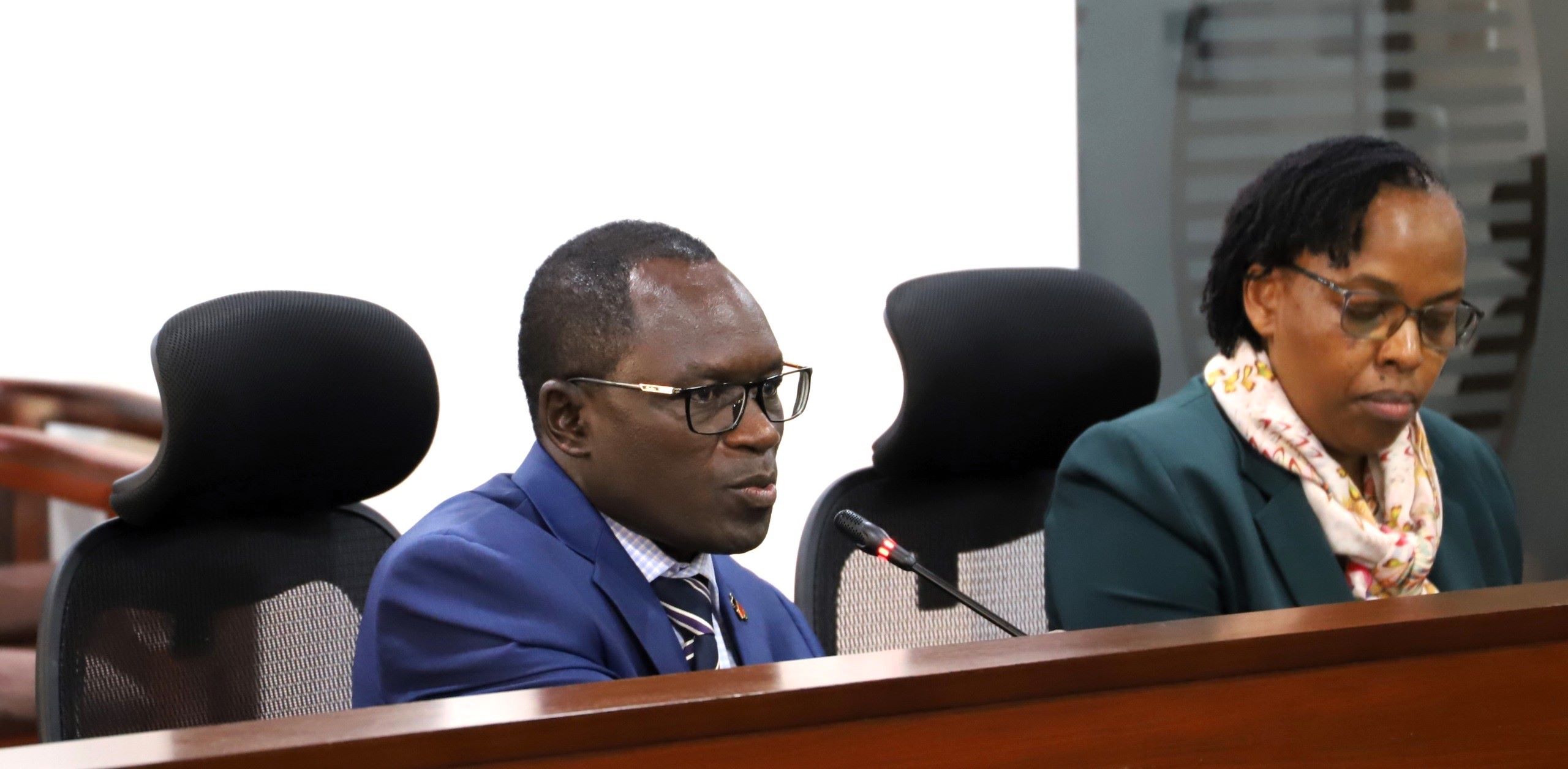Private sector to finance medical equipment in public hospitals under new healthcare model
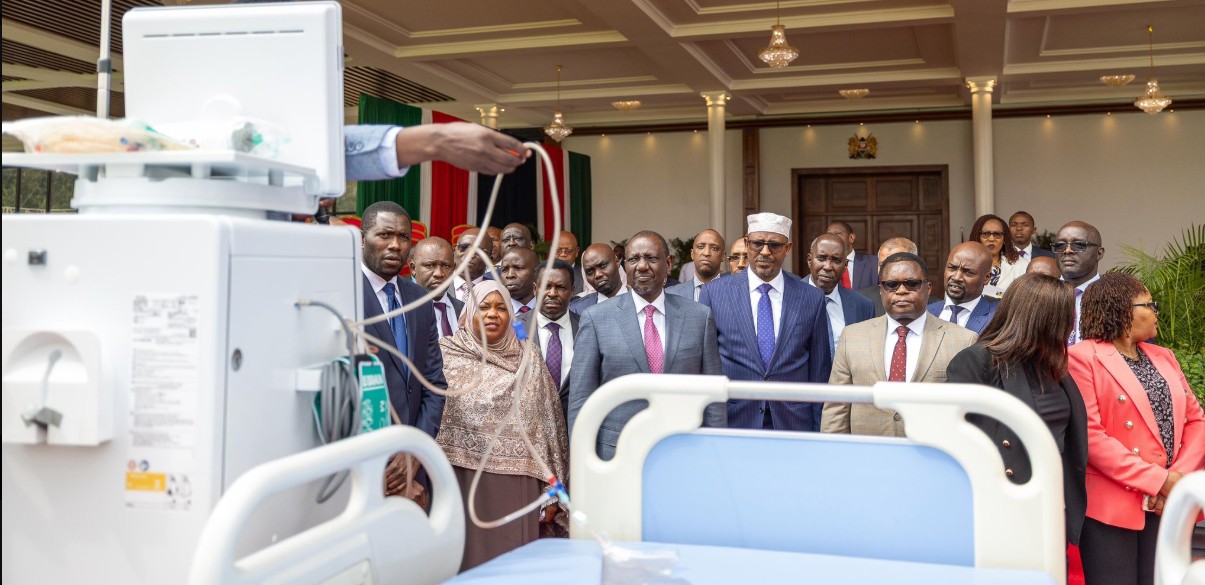
The seven-year programme is designed to equip national and county health facilities with state-of-the-art diagnostic and treatment technologies, such as CT scanners, dialysis units, and modern laboratory systems.
Private sector partners will now bear the cost of installing, servicing, and maintaining medical equipment in public hospitals, easing the financial burden on both county and national governments. The shift is part of a new healthcare delivery model launched by President William Ruto.
The National Equipment Service Project (NESP) will enable counties to access advanced diagnostic equipment without making upfront payments. It will also ensure consistent service delivery through a centralised payment system.
More To Read
- How hospitals trick inspectors, SHA into paying millions for ghost services
- MPs sound alarm over severe overcrowding at MTRH
- Over 2,000 people denied SHA services daily due to ID, phone mismatch - PS Oluga
- Government releases Sh4 billion for public servants' medical cover under SHA
- Nyeri Referral Hospital appeals to MPs to recover Sh16 million lost in erroneous SHA transfer
- Governors reject President Ruto’s order to absorb 7,400 UHC workers
Speaking on Thursday at the high-level launch of NESP at State House, Nairobi, President Ruto described the initiative as a transformative step aimed at modernising healthcare infrastructure and correcting the shortcomings of the now-defunct Medical Equipment Scheme (MES).
“Today marks yet another decisive milestone as we officially launch the National Equipment Service Project, a transformational and innovative initiative that is set to revolutionise healthcare infrastructure and service delivery across Kenya,” he said.
The seven-year programme is designed to equip national and county health facilities with state-of-the-art diagnostic and treatment technologies, such as CT scanners, dialysis units, and modern laboratory systems.
Consistently maintained
“This cost-effective and sustainable model guarantees that equipment is not only installed but also consistently maintained, thereby ensuring continuous and reliable service,” said the President.
Ruto criticised the previous MES model for requiring significant upfront capital and lacking service-level agreements, which led to frequent equipment failures and disrupted care.
“The lessons learned have informed the design of the new programme to be more efficient, accountable and sustainable,” he added.
Under the new fee-for-service model, the government will no longer allocate funds for medical equipment procurement. Instead, private partners will finance installation and maintenance, with the government paying only for services rendered.
“Neither the national nor the county governments will need to budget for equipment procurement. Our private sector partners will bear the cost of installation, servicing and maintenance, placing no financial burden on public health facilities,” he explained.
President Ruto praised the collaboration between national and county governments and acknowledged the Ministry of Health and the Council of Governors for their “steadfast leadership.”
He noted that 45 counties had already signed the Intergovernmental Participatory Agreement (IPA), a key legal framework guiding the project's implementation.
“This project is firmly anchored in the collaboration between the national and county governments,” he said.
According to the President, since June 2025, over 60,000 medical services have been delivered under the new model across 29 health facilities in 18 counties. Equipment already deployed includes CT scanners, digital X-rays, ultrasound machines, and modern laboratory systems.
“Today, we are releasing 14 CT scanners, 2 ultrasound machines, 30 dialysis machines, and digital X-ray systems. In the next two months, we expect to deploy an additional 58 digital X-rays, 65 ultrasound machines, 19 CT scanners, 100 theatre equipment and 100 laboratory systems, all under this new, innovative model,” Ruto said.
Nationwide rollout
He assured the public that this is only the beginning of a nationwide rollout aimed at equipping every public health facility.
“We shall not rest until every public health facility in every ward, every constituency, and every county is fully equipped with the tools and technologies required to deliver quality care,” he said.
“No Kenyan, regardless of income, status or location, should ever be denied medical attention due to lack of equipment.”
Ruto also highlighted progress in broader healthcare reforms, including the enactment of four key laws in 2023: the Social Health Insurance Act, the Primary Healthcare Act, the Digital Health Act, and the Facility Improvement Financing Act.
“These laws form the backbone of our healthcare overhaul and define Kenya’s path to a truly people-centred and resilient universal health coverage,” he said.
He further pointed to the Cabinet’s recent approval of the Quality Healthcare and Patient Safety Bill, 2025, now before Parliament. The Bill aims to combat malpractice by strengthening licensing requirements, setting new standards, and creating a Quality Healthcare and Patient Safety Authority.
SHA updates
Ruto also provided updates on digital progress through the Social Health Authority (SHA), which has registered 25.2 million Kenyans and contracted over 11,000 health facilities across the country.
Since October 2024, the SHA has disbursed a total of Sh56.4 billion, including Sh49.7 billion from the Social Health Insurance Fund and Sh6.7 billion from the Primary Healthcare Fund.
“This digital transformation is giving Kenyans faster, more transparent and more dignified access to healthcare,” the President said.
However, he raised concerns over fraudulent claims within the system, warning that new digital tools are actively detecting suspicious activity.
“There are those who have exploited or are still attempting to exploit our healthcare system for personal gain through fraudulent claims. If you are trying to game the system, beware: You are already on our radar. The system is flagging such attempts, and investigations are ongoing. In due course, the outcomes will be made clear to all and the fraudsters shall face the consequences of their criminal actions,” he warned.
In his closing remarks, the President called on all stakeholders to fully commit to the success of the NESP.
“I call on all governors, health officials, private partners and frontline workers to own this project, install the equipment promptly, use it effectively and ensure continuous maintenance. Healthcare is a shared national responsibility, and only through unity, commitment, and vigilance will we unlock the full promise of the National Equipment Service Project,” he said.
Top Stories Today

